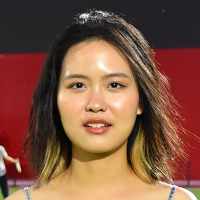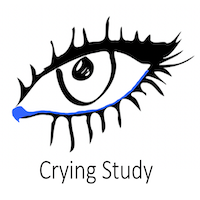Action & Body
Patrick HaggardGroup Leader
+44 20 7679 1153 |  |
Action & Body Research
Our research investigates cognitive aspects of two sensorimotor processes that underlie all human behaviour. These are the control of voluntary action and the experience we have of our own body. Research on voluntary action focusses on understanding the relation between the brain activity in the frontal and parietal lobes that precedes movements, and the conscious experience of controlling our own movements. A key question is whether conscious intentions are an immediate consequence of preparation for action in the frontal lobes, or a retrospective mental justification to explain actions that we have just made.
Studies of body perception focus on the body as a multimodal object: we perceive our bodies in two distinct ways. Vision gives us information about our body as a volumetric object in external space, while proprioception and touch give us information "from the inside". Our research focusses on how these sources of information are combined to give a coherent bodily self. We use a range of experimental methods including psychophysics, TMS, ERP and brain imaging to investigate these questions.
Group Members
Post-doctoral Research Fellows
- Antonio Cataldo

My research employs psychophysical and neurophysiological techniques to study how the bodily senses shape our perception of the world, while simultaneously creating a representation of our body as a unique object in the world. I'm particularly interested in how somatosensory, sensorimotor, and crossmodal interactions provide us with a coherent perception of the world. Currently, I'm involved in a project investigating the perception of ultrasound-mediated mid-air tactile stimulations. This novel haptic technology allows the delivery of safe, reliable, and contactless tactile information, paving the way for many potential theoretical and practical applications.
PhD students
- Zheng Huang

I am currently starting a project on volition. Specifically, I'm interested in the aspect of generation in volition. Are people fully aware of their volition? Are there different degrees of volition? Does this volition lead to some desired ends? These are a few of the questions that I'm tempted to answer.
 Close
Close




